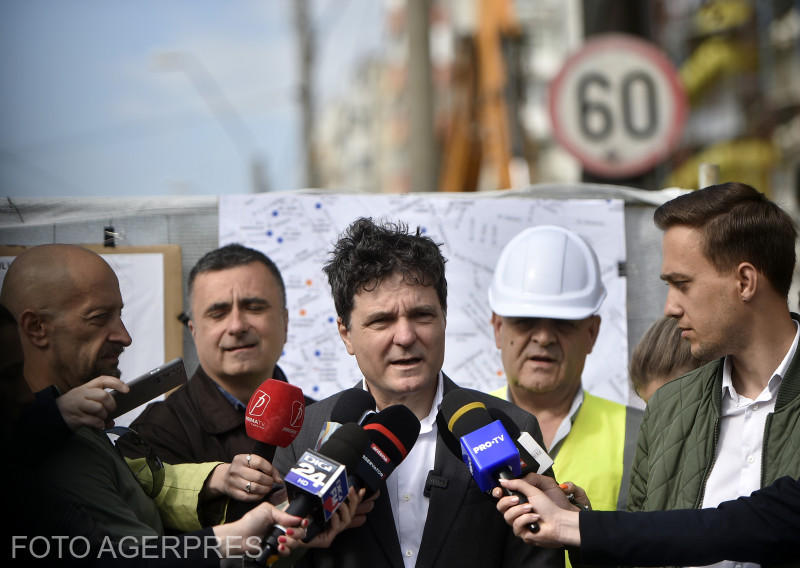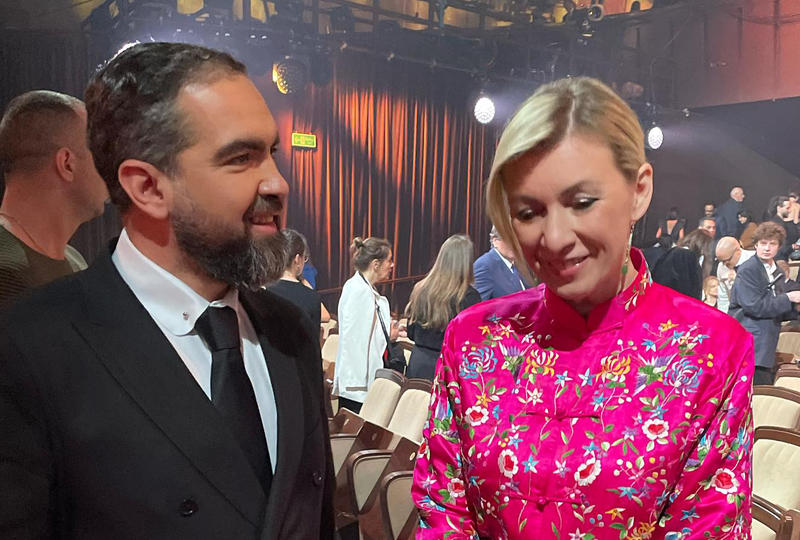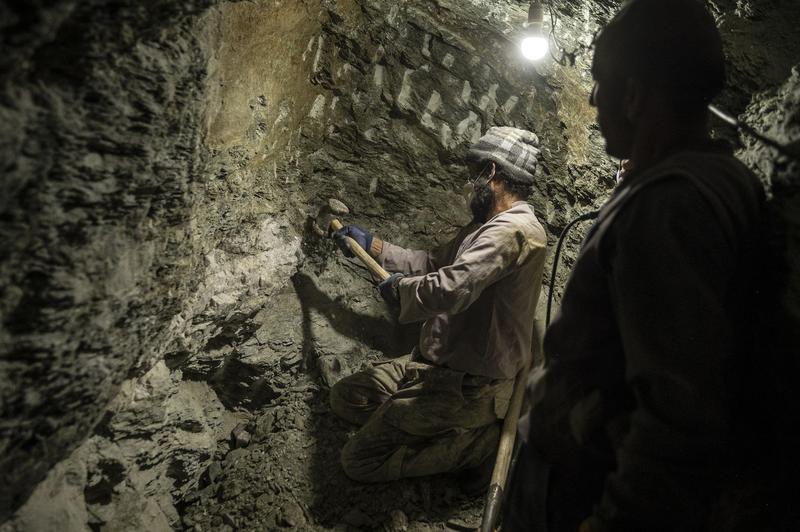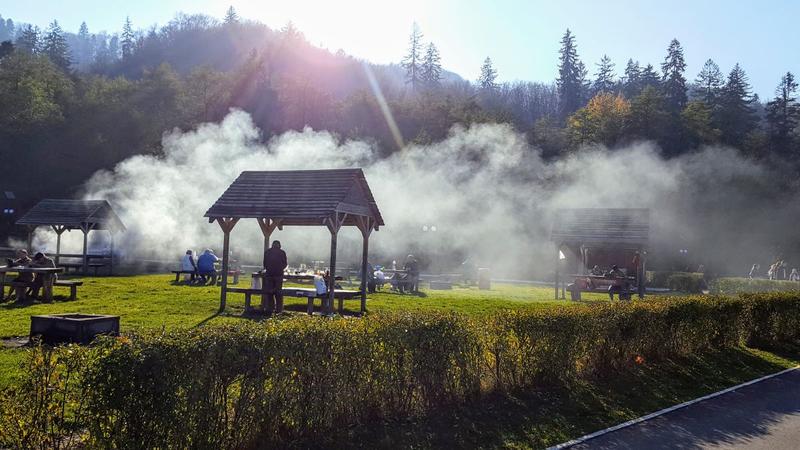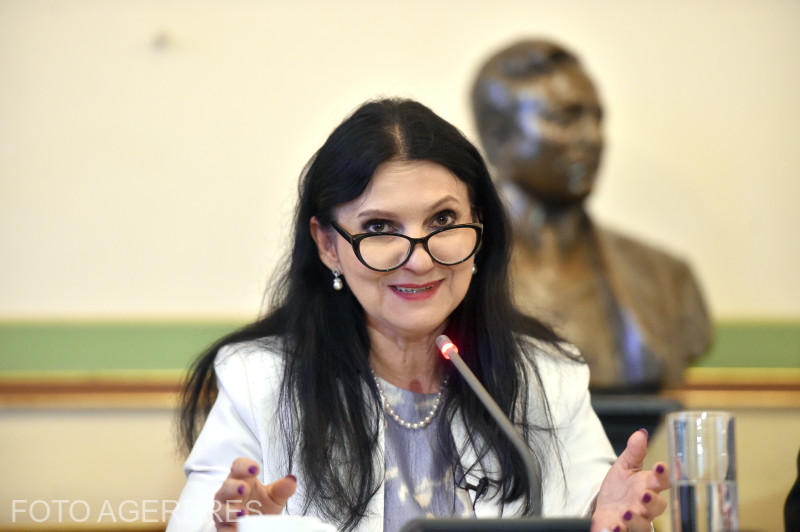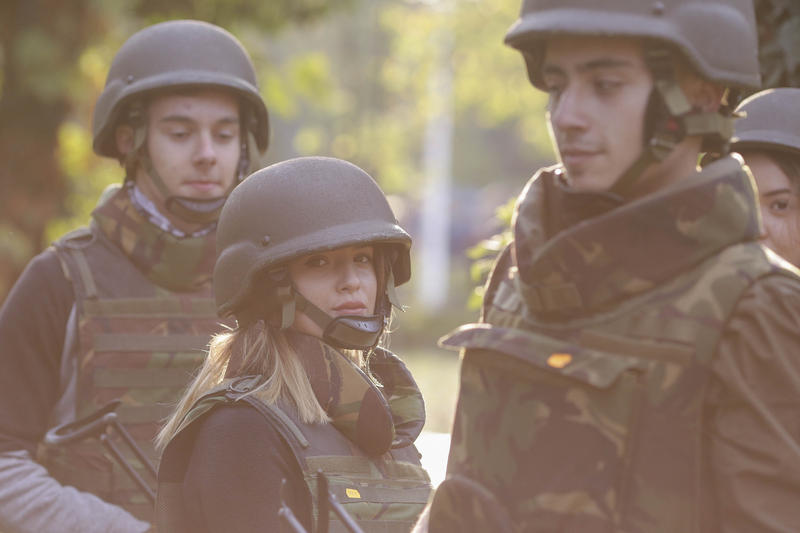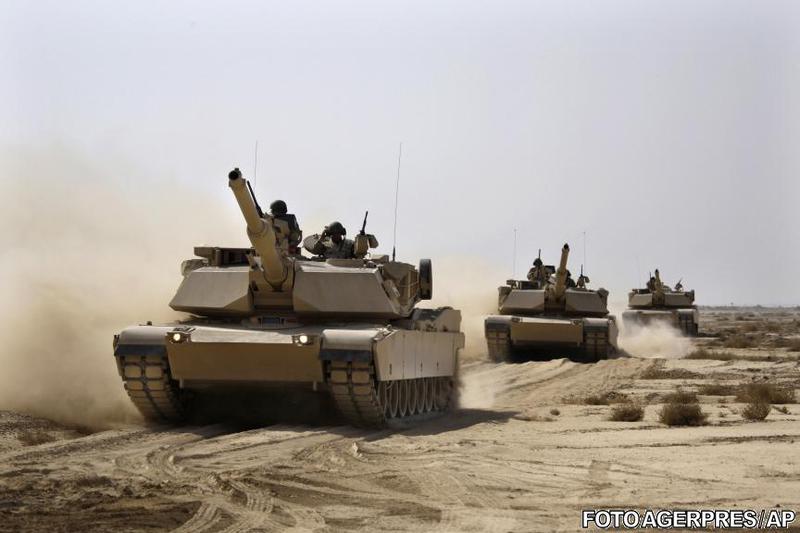Russia opposes the American missile shield in Romania because it wants Romania to belong to its sphere of influence, National security and defence Heritage Foundation specialist Baker Spring believes. heritage Foundation is a conservative think-tank from Washington. In this way, "the ball will be in the Romanian and US court: they need to say if the accept Russia's demands".
In an interview for HotNews.ro reporter Adrian Novac talked about the costs of the missile shield project, about its symbolic value and how it would influence Russia's relations with the US and Eastern Europe.
Talking about the US decision to have the missile shield in Europe, Baker Spring says that the Obama administration sees that the threat of an attack with short, medium an intermediate range of action missiles as imminent and believes it could undermine the security relationships between the United States and their allies. The missile shield is meant to counteract Iranian missiles.
The consequences, he believes, are positive: stronger security connections between the US and allies, protection for the European nations against a possible attack plus the consolidation of US strategy to discourage nuclear disarmament. Some voices talk about the negative consequences between US and Russia and Europe-Russia, but there is a working option to convince Russia that the defence options are in its interest. This can be carried out through the process of arms control and through offers addressing missile cooperation with Russia, Spring opinionated.
It has not been decided yet how many countries will be included in the missile shield project, but it is assumed defensive systems will be places in the US, Asia, Middle East, Europe. At the moment, 20 countries plus NATO have joined the project. The Obama administration has not mentioned which countries are considered for the elements to be placed in Europe, but the press read about Bulgaria and Turkey.
The reasons for which the Obama administration would choose Romania, in Spring's opinion, are related to the fact that the US have made a priority out of sealing a new treaty with Russia, regarding the reduction of nuclear weapons. "The Americans were ready to sacrifice their security relationships with the Czech Republic and Poland to promote their arms control agenda. (...) The Obama Administration realises that they must be seen as doing something in the missile shield department, or else the Senate will reject the treaty with Russia regarding the arms control. Eventually, the Obama Administration will seek to achieve the missile shield defence only in a manner comparable with its arms control agenda", Spring said.
Regarding costs, he expects the American army to control the costs straightforward, based on the negotiations with the Romanian Government. But he sees US's decision to host shield elements in Romania as a stronger engagement to defend Romania.
On Russia's reaction to the issue: "Russia's reaction regarding the set up is an issue which needs to be decided by the Government in Moscow. Russia doesn't have legitimate reasons to complain, because this is a purely defensive system. Even so, Russia might oppose it. My opinion is that Russia is complaining especially because it wants Romania to belong to its sphere of influence. If so, the ball will be in the US and Romania courts: they will need to decide if they accept this demand made by Russia. I hope that the US and Romania to be in favour of the current bi-lateral and multilateral security (NATO) agreements system when faced with the alternative of Russian domination."
Addressing the future of Romania's relationship the US and the US role in Eastern Europe, Baker Spring finds that such a cooperation will strengthen the relationship between the two countries. But he cannot say how this will be reflected in the visa system. But in his opinion, "the interpretation that Russia gives to the 'resetting; of bi-lateral relationship with the USA is weird and inappropriate. Fundamentally, Russia sees the US adjusted relationship as the acceptance base by Washington of Russia's right to annihilate the USA with nuclear weapons from its arsenal [talking about the strategic balance] and accepting the special sphere of Russian influence in East Europe. Despite Russia's expectations, its opposition to the missile shield don't seem to be founded on the system's technical capacities.
On the other hand, Russia's got the technical possibilities to lace short range action missiles in regions like Kaliningrad. To place intermediate range action missiles, Russia will have to redraw from the so-called Intermediate range Nuclear Forces (INF) Treaty."
"Russia has already been invited to take part in some aspects of the missile shield cooperation aspects, alongside the USA. The US has long sought to expand this cooperation, which can be traced to the offers that the Reagan Administration made to the Soviet Union", Spring adds.
"Unfortunately, the Obama Administration is ready to accept China's nuclear threats on the American territory, the way they accept Russia's. I'd like to say still that China's opposition to the missile shield is not universal. China has recently tested its own interceptors from its missile defence system."
Talking about the symbolic importance of the missile shield, Baker Spring claims that "from a political point of view, the East European cooperation in missile shield defence is important, even if the system is not aimed to respond to all missile threats. It represents a tangible step to fulfil general arrangements of assuring security.
Plus, it represents a more interesting option to counteract threats than a solution based on repression. Clearly, Romanians should prefer to be defended and survive an attack than to rely on the idea that the US will launch a counter-attack to revenge the human lives lost in the absence of a missile shield defence", Spring said.
He refused to support the idea that the shield would represent that start of a new world war, "because the shield is a logical choice to insure the security in the world that followed the Cold War, where there has been a real potential for a large scale mass destruction weapons proliferation and the means to distribute them. After all, the US and their allies are looking for different defensive ways to respond to the terrorist threat. The various means of defence, including the missile shield, should be the preferred versions".
